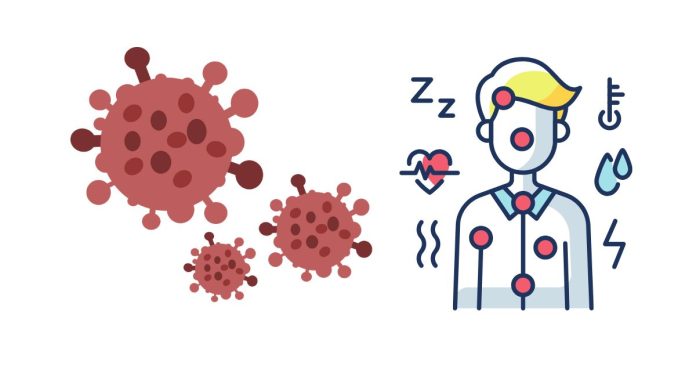All the Bacteria That Can Cause Foodborne Illness: What You Need to Know
Foodborne illnesses, often referred to as food poisoning, are caused by consuming contaminated food or beverages. Harmful bacteria are some of the most common culprits behind these illnesses, and they can lead to symptoms ranging from mild discomfort to severe health complications. In this blog post, we’ll explore the most common bacteria that cause foodborne illness, their sources, and how to protect yourself.
1. Salmonella
- What It Is: One of the most common causes of foodborne illness worldwide.
- Sources: Raw or undercooked poultry, eggs, meat, unpasteurized milk, and contaminated fruits and vegetables.
- Symptoms: Diarrhea, fever, abdominal cramps, and vomiting.
- Prevention: Cook food thoroughly, wash hands and surfaces, and avoid cross-contamination.
2. Escherichia coli (E. coli)
- What It Is: A diverse group of bacteria; some strains, like E. coli O157:H7, are harmful.
- Sources: Undercooked ground beef, unpasteurized milk or juice, raw vegetables, and contaminated water.
- Symptoms: Severe diarrhea (sometimes bloody), abdominal pain, and kidney failure in severe cases.
- Prevention: Cook meat thoroughly, wash produce, and avoid unpasteurized products.
3. Listeria monocytogenes
- What It Is: A bacterium that thrives in cold environments and can cause severe illness, especially in pregnant women, newborns, and those with weakened immune systems.
- Sources: Deli meats, hot dogs, unpasteurized dairy products, and soft cheeses.
- Symptoms: Fever, muscle aches, nausea, diarrhea, and in severe cases, meningitis or miscarriage.
- Prevention: Heat deli meats and hot dogs before eating, avoid unpasteurized products, and store food properly.
4. Campylobacter
- What It Is: A leading cause of bacterial foodborne illness.
- Sources: Raw or undercooked poultry, unpasteurized milk, and contaminated water.
- Symptoms: Diarrhea (sometimes bloody), fever, abdominal cramps, and nausea.
- Prevention: Cook poultry to the proper temperature, avoid raw milk, and practice good kitchen hygiene.
5. Clostridium perfringens
- What It Is: A bacterium that produces toxins in the intestines.
- Sources: Cooked foods left at unsafe temperatures, such as meats, stews, and gravies.
- Symptoms: Abdominal cramps and diarrhea, typically within hours of consumption.
- Prevention: Keep hot foods hot and cold foods cold, and refrigerate leftovers promptly.
6. Staphylococcus aureus
- What It Is: Produces toxins in food that cause illness.
- Sources: Foods handled by people, such as salads, sandwiches, and dairy products.
- Symptoms: Nausea, vomiting, and abdominal cramps.
- Prevention: Wash hands before preparing food, and store food at the proper temperature.
7. Vibrio
- What It Is: Bacteria associated with seafood.
- Sources: Raw or undercooked shellfish, especially oysters.
- Symptoms: Diarrhea, abdominal cramps, nausea, vomiting, and fever.
- Prevention: Cook shellfish thoroughly and avoid raw seafood.
Protect Yourself From Foodborne Illness
Here are some general tips to reduce your risk:
- Practice Proper Hygiene: Wash hands, utensils, and surfaces frequently.
- Cook Food Thoroughly: Use a food thermometer to ensure safe internal temperatures.
- Store Food Safely: Refrigerate perishable items promptly and avoid leaving food out for more than 2 hours.
- Avoid Risky Foods: Be cautious with raw or unpasteurized products.
By understanding the bacteria that cause foodborne illnesses and taking preventative measures, you can protect yourself and your loved ones from these potentially harmful microbes. Stay informed, stay safe, and enjoy your meals with confidence!


